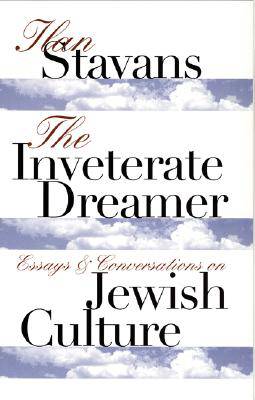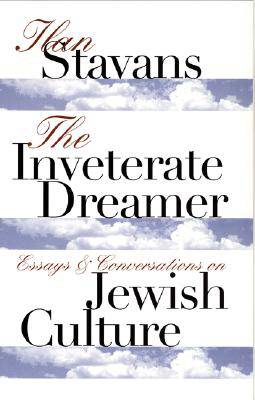
- Afhalen na 1 uur in een winkel met voorraad
- Gratis thuislevering in België vanaf € 30
- Ruim aanbod met 7 miljoen producten
- Afhalen na 1 uur in een winkel met voorraad
- Gratis thuislevering in België vanaf € 30
- Ruim aanbod met 7 miljoen producten
Zoeken
Omschrijving
Not only do "modern" Jewish languages like Yiddish and Hebrew have their own Jewish writers, but every major Western tongue--from German and Russian to English and Portuguese--does as well. These writers are often at the crossroad between the two traditions: their Jewish one and their own national one. Is there such a thing as a modern Jewish literary tradition, one navigating across linguistic and national lines? If so, how should one define it? Ilan Stavans is uniquely qualified to answer these questions and to comment on the power and challenges of cultural margins and literary crossings. He has been at the forefront of an appreciation of the Jewish literary tradition that is less asphyxiating, more global. His reflections on Jewish Latin America have won him the nickname "pathfinder." This incomparable volume showcases Stavans's most insightful and provocative--and at times controversial--observations on transnational Jewish culture and literature. Stavans explores the problems and prospects of representing Jewish experiences through such media as Holocaust memoirs and Jewish museums; astutely comments on well-known intellectual figures, including Lionel Trilling, Isaac Babel, Primo Levi, Harold Bloom, and Walter Benjamin; engages in memorable conversations with Norman Manea, Joseph Brodsky, and Ariel Dorfman; and offers compelling glimpses of revelatory moments in his own life.
Specificaties
Betrokkenen
- Auteur(s):
- Uitgeverij:
Inhoud
- Aantal bladzijden:
- 306
- Taal:
- Engels
- Reeks:
Eigenschappen
- Productcode (EAN):
- 9780803292789
- Verschijningsdatum:
- 1/02/2001
- Uitvoering:
- Paperback
- Formaat:
- Trade paperback (VS)
- Afmetingen:
- 140 mm x 216 mm
- Gewicht:
- 371 g

Alleen bij Standaard Boekhandel
+ 76 punten op je klantenkaart van Standaard Boekhandel
Beoordelingen
We publiceren alleen reviews die voldoen aan de voorwaarden voor reviews. Bekijk onze voorwaarden voor reviews.











